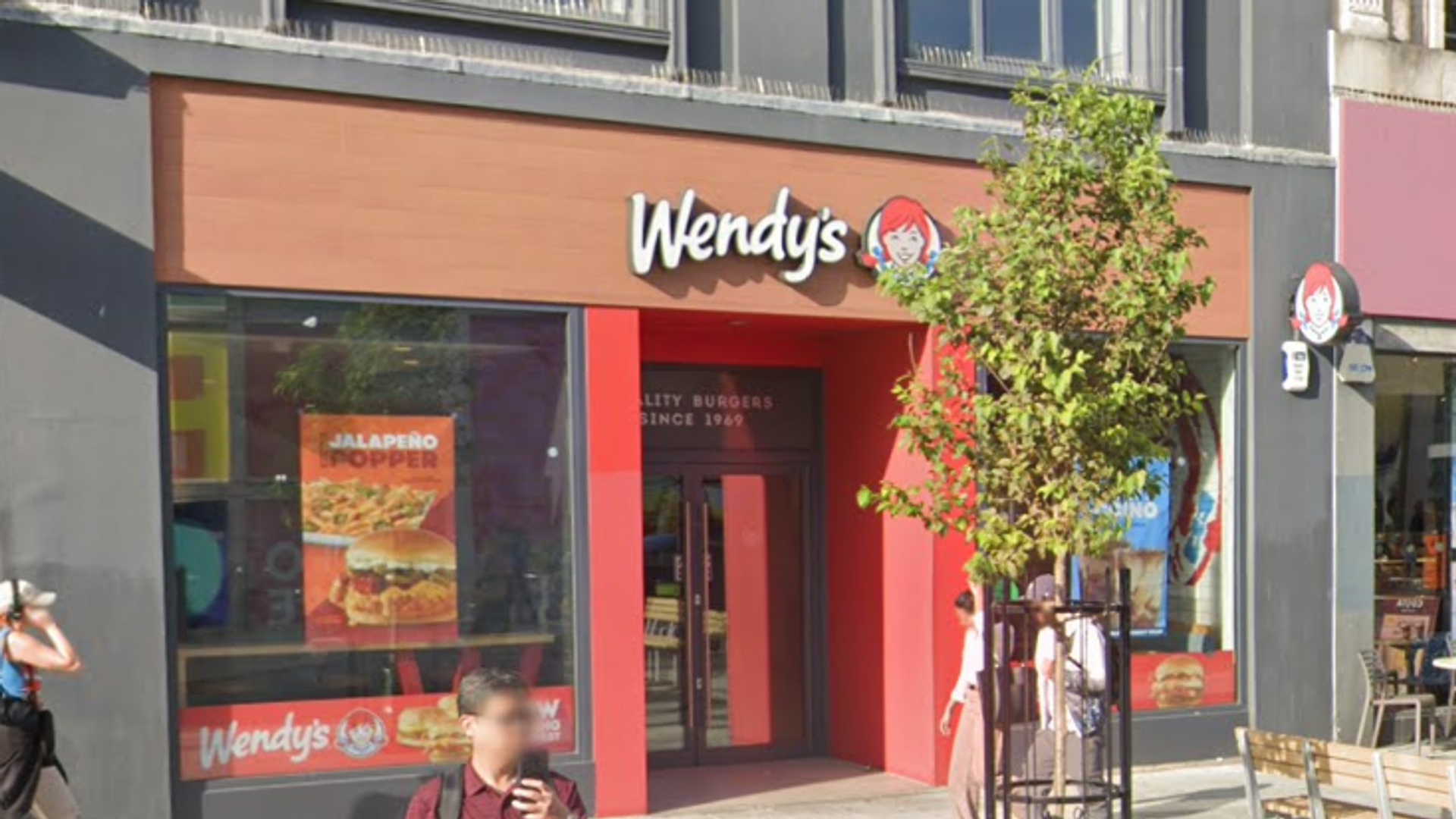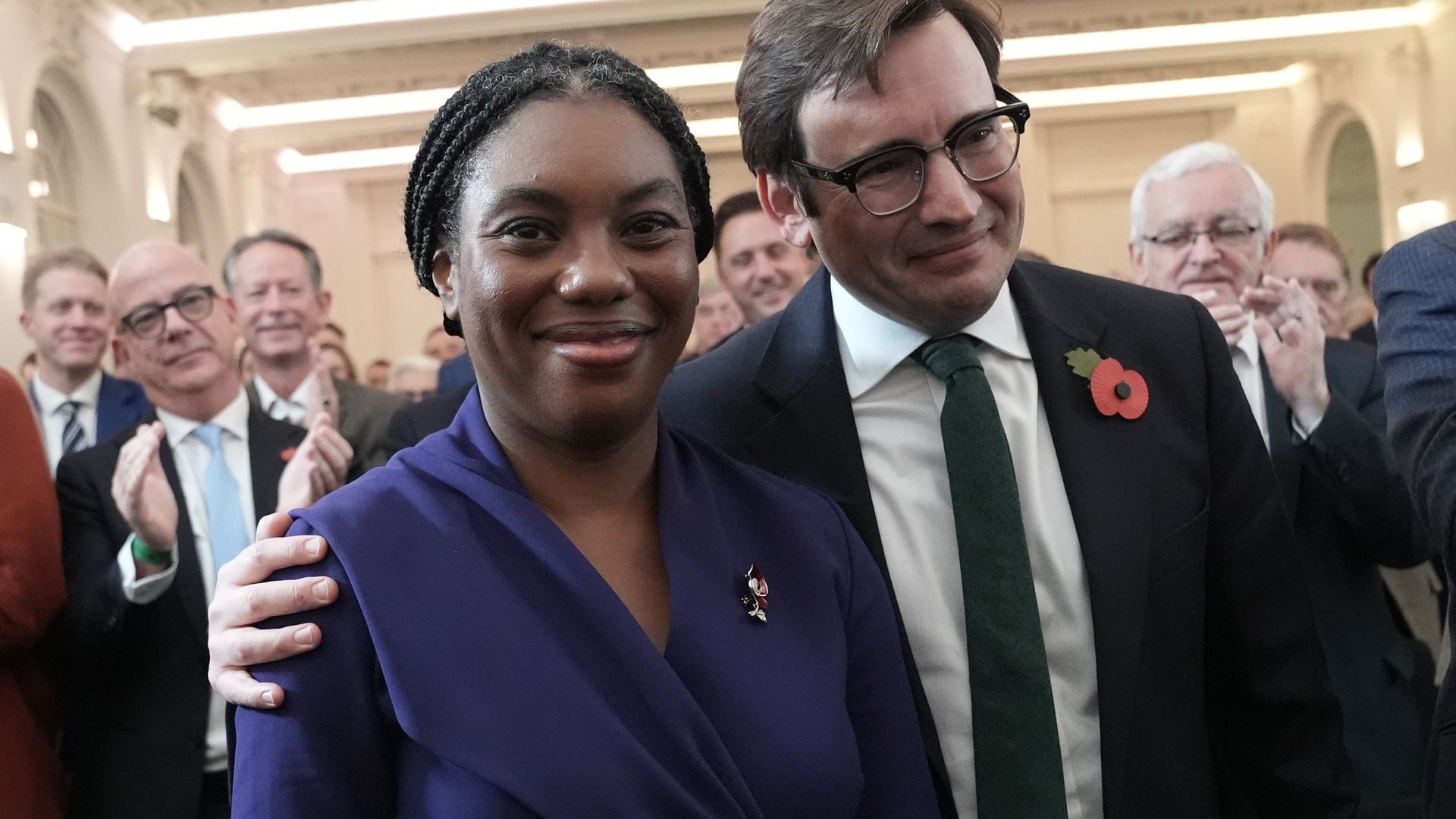
CARIBOU, Maine — As Maine counties look to better address declining mental health, social workers at one Aroostook school are putting themselves in classrooms for the first time to help kids cope with emotions before they reach a crisis.
Regional School Unit 39 — which includes the communities of Caribou and Stockholm — eliminated its school resource officer over the summer and added a social worker at Caribou Community School, which serves more than 750 prekindergarten to eighth-grade students. District leaders wanted to prioritize mental health because the pandemic had increased isolation, anxiety, depression and bullying among students.
This comes as the state has released the latest data on middle school student mental health, which show even more kids are feeling depressed or contemplating suicide statewide.
After the additional social worker, Tanya Stubbs, came on board this fall, Caribou school leaders decided to try something new. The Community School’s three social workers are each assigned to three grades, whose classrooms they visit regularly for age-based lessons on mental health.
That approach differs from the more traditional practice of meeting with students individually while they sort through mental health challenges.
Though it’s still early for the district to know the change’s long-term impacts, the social workers have seen great benefits from the new structure.
“Most of our work [before and during COVID] was providing support to students and families during a crisis,” said Pam Giberson, a social worker who works with second-, fifth- and eighth-grade students. “Now we’re able to be more proactive instead of just reactive.”
Since the early days of COVID-19, more students have dealt with social and emotional issues that negatively affect their ability to learn at school, Giberson said. Many younger students who experienced less in-person learning during the pandemic struggle with complex emotions, like anger or sadness, at school.
Some of those emotions stem from issues that students see their family members dealing with, like poverty, food insecurity, domestic violence or substance use disorder. Unchecked emotions have led to increased behavioral issues among students, such as hiding beneath a desk or physical aggression.
Middle-school students face even greater challenges dealing with emotions and peer conflicts, largely due to social media and more time spent away from classmates during COVID-19.
“I find that students struggle with the ins and outs of communication. They have 24/7 access to peers, but it’s difficult to navigate conflicts,” Giberson said. “They can identify their basic emotions, but it’s harder to understand why they or others feel that way.”
In the new proactive approach to their work, Giberson and colleagues visit classrooms — monthly in kindergarten to sixth grade, weekly in seventh and eighth grades — and teach age-based lessons on dealing with complex social and emotional issues.
Stubbs, who works with first-, fourth- and seventh-graders, said that hers and colleagues’ lessons for younger students have focused on issues of “tattling versus telling,” processing emotions, considering the feelings of others and being thankful.
With middle-schoolers, the conversation often shifts toward mental health topics like self-esteem and confidence, discussing emotions and choosing words and actions wisely while communicating with others.
The most successful lessons have come when students have talked openly about their mistakes, Stubbs said.
“In seventh grade, we’ve had a lot of ‘on the fly’ conversations. If a student says something rude to another, we’ll stop [the lesson] and ask everyone how we can handle things better,” Stubbs said. “It’s not about shaming the students. It’s a teachable moment.”
In a process called “classroom looping,” the social workers at Caribou Community School will continue working with those same students on their mental health as they move up a grade every year. When the current eighth-graders move on to high school next year, Giberson will take on the incoming kindergarten group.
Though RSU 39 teachers have done looping in the past, this year is the first time social workers have worked with students in their classrooms instead of only meeting with them privately.
“It has helped us get to know all these kids more instead of just focusing on certain kids and labeling them as ‘different,’” Stubbs said. “They’re more apt to talk to us now, not just when there’s a big issue.”
Those benefits have not eliminated other challenges, including a shortage of mental health providers for families and school social workers’ limited resources to deal with issues that providers are more prepared for.
But many parents are already seeing the benefits of addressing mental health more proactively in school, Caribou Community School Principal Lee Caron said.
“When we started [classroom looping], we were thinking of how to develop relationships with students and parents,” Caron said. “Because [social workers] are in the classrooms, parents have a go-to person to call when they have concerns.”












